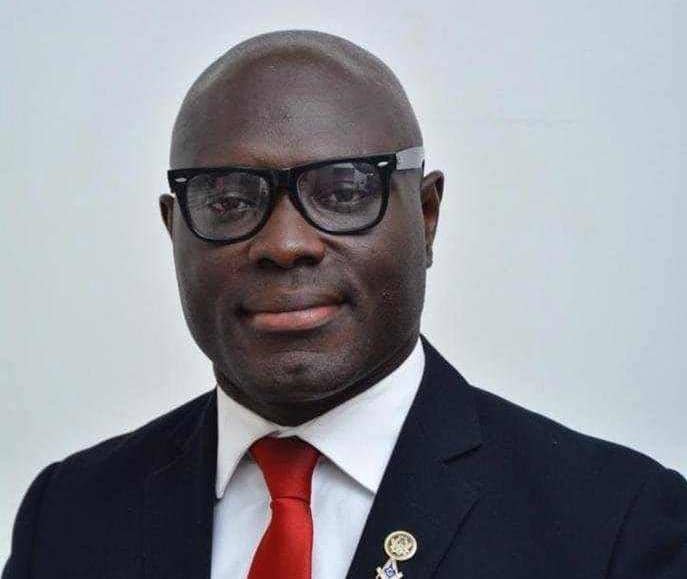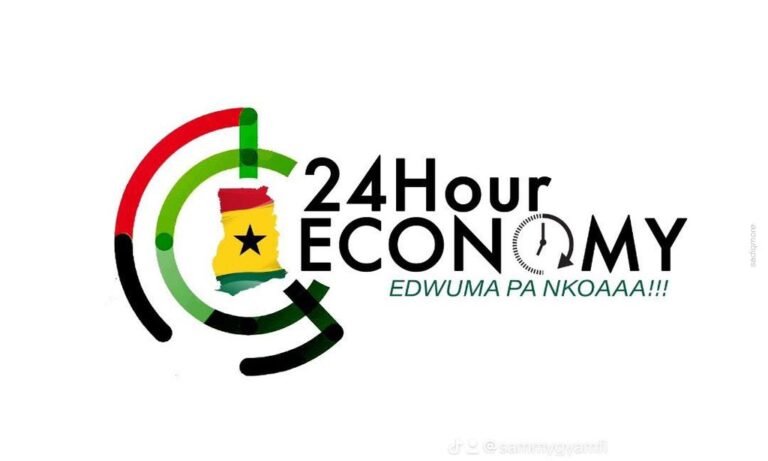
The writer
But for education, I would not be in any good position to share my opinion on the issue of our striking lecturers, especially through this noble space. Chances are that I would have been setting and checking on my traps in Kobokobo, my father’s little village where I had my first cry.
The relevance of education, especially at the higher level of academic pursuit, cannot be overemphasised. My university education, to a very large extent, is the reason I am able to hold my head up high no matter where I find myself.
Today, Ghana’s decision to invest in her future via the educational course has won her the respect and love of the developed world. The world certainly knows that the problems and challenges confronting her can only find antidotes if people living in it are enlightened enough.
It is, therefore, wholly absurd to see and hear people talking bad with regard to the concerns of those who impart knowledge, especially so when the outburst of their frustrations is pegged against their meagre remunerations.
Educational progress
Ghana has come a long way and, of course, so positively progressed with her educational development, from infrastructural expansion through increase in enrolment to provision of learning materials at all levels of the Ghanaian educational hierarchy. This, the ordinary man even agrees goes beyond contention. University education, for example, has seen a leapfrog between the year 2000 and 2022.
There used to be no Technical University in Ghana until 2014. This means an upsurge in the engagement of lecturers and supporting staff engaged at our higher level of education. As a result, Government continues to pump in more financial resources in remunerations.
Academic infrastructure and accompanying accommodation spaces for students and staff alike in our traditional universities used to be woefully inadequate. Thankfully, successive governments from the time Ghana decided to go democratic till now have shown a great deal of commitment towards enhancing tertiary education.
More to the efforts, the last five years have seen the government committing unquantifiable financial resources towards University lecturers. Issues regarding non-payment of academic research and books allowances that used to be the topmost talk of town amongst our university communities have outlived their relevance in terms of the discourse.
University staff in general have seen appreciable rise in their monthly salaries and can as well attest to the enjoyment of incentives in their conditions of service. In view of the above irrefutable revelations, one would expect to see the University community applauding the government and doing more as a form of their appreciation of government’s commitment towards building a promising future. But unfortunately, the reverse is what the good people of Ghana see and hear.
Inconsiderate demands
The incessant demand for more than what the economic balance of the country can take care of is almost becoming a cacophony. It has become a common practice for university lecturers to hold the entire country to ransom at the beginning of every academic year ever since they found their voices in the beautiful head of democratic governance, at least in the last two decades.
This incomprehensible act of nationwide declaration of strike action especially by our University lecturers keep getting muddier. We have collectively agreed to build a second to none great nation in the midst of our contemporary African countries. For close to twenty years, the popular pastime has been evasive effusion of technocrats within the educational sector, principally, lecturers and workers in the country’s institution of higher learning at governments that have come and gone.
The lamentations have been centred on poor remunerations and conditions of service for the teacher/lecturer and ancillary staff. It is no new order to see the Ghanaian lecturers of today, alleging neglect of their needs and concerns from denial of allowances of all kind through meagre salaries to poor conditions of service.
The complaints have been overly expressed such that, the objective Ghanaian sees them as nothing less than verbal nuisance. Sit down strikes through protest marches to indefinite lay down of tools appear not to scare government no more. This is not to say the government cares less. Government’s posture of constantly asking for negotiations talk-shop with key stakeholders through its fair wages and salaries Commission representative posits government’s commitment to making Ghana’s education the envy of her contemporaries.
Unfortunately for the good people of Ghana, we have always had to come back to square one at the commencement of almost every academic year. A picture is always painted to make the government reflect an apology of patriotism. There appears to be no hope in sight as regards having a changed and yet so positive a narrative about the situation that’s giving every forward-thinking Ghanaian migraine of a sort.
Annual ritual
So, why would the lecturers on whose shoulders rest the development agenda of the nation, in terms of knowledge transfer, connive to swim in the pool of unnecessary financial expenditure commitments, which demands the government is almost always unable to meet.
Opinion sampling of the views of majority of stakeholders of Ghana’s education, especially at the tertiary level, point to a host of countervailing issues, including but not restricted to:
- Selfish interests of the so-called embittered lecturers at the expense of the national interest, especially so considering the role of teachers at the basic level of education whose job it is to groom and empower the almost “tabula rasta”, “ninos” entrusted into their care at the foot of the educational ladder, who even hardly embark of strikes in the face of the innumerable challenges that stare them in the face each passing minute along the educational delivery path.
- Lack of political will on the part of the politicians whose duty it is to create an ambiance around and within the educational delivery space that certainly stops at nothing to ensure satisfactory, if not mouth watery enough salaries and remunerations to the University lecturers and staff in general.
- People hiding behind the cloak of Civil Society Organisations to champion political agenda of their political pay masters and individual interest under the guise of putting the government on its toes on its core mandate of ensuring good and quality education for the citizenry through unnecessary criticisms and bastardisation.
- Student leaders at the tertiary levels especially, across universities allowing themselves to be used as stooges in the pursuit of a certain regime change agenda through the commitment of the student bodies to take delight in throwing their weight behind these lecturers whose foremost demeanour points to the pursuit of their bellicose and personal aggrandizement.
- Lack of a common “agreed upon” working document between the educational ministry and the teacher unions as to what should constitute the essential elements of the rules of engagement in terms of demands and expectations from either and/or both sides of the divide.
As a country, there is the need to examine our commitments and devotion towards the national aspiration and decide what role every Ghanaian must play. We cannot lament with the commitment dirge for our national team, for example, where in our own corners, the understanding of duty is misplaced with conditional comparative belligerence, unattainable as a collective group.







